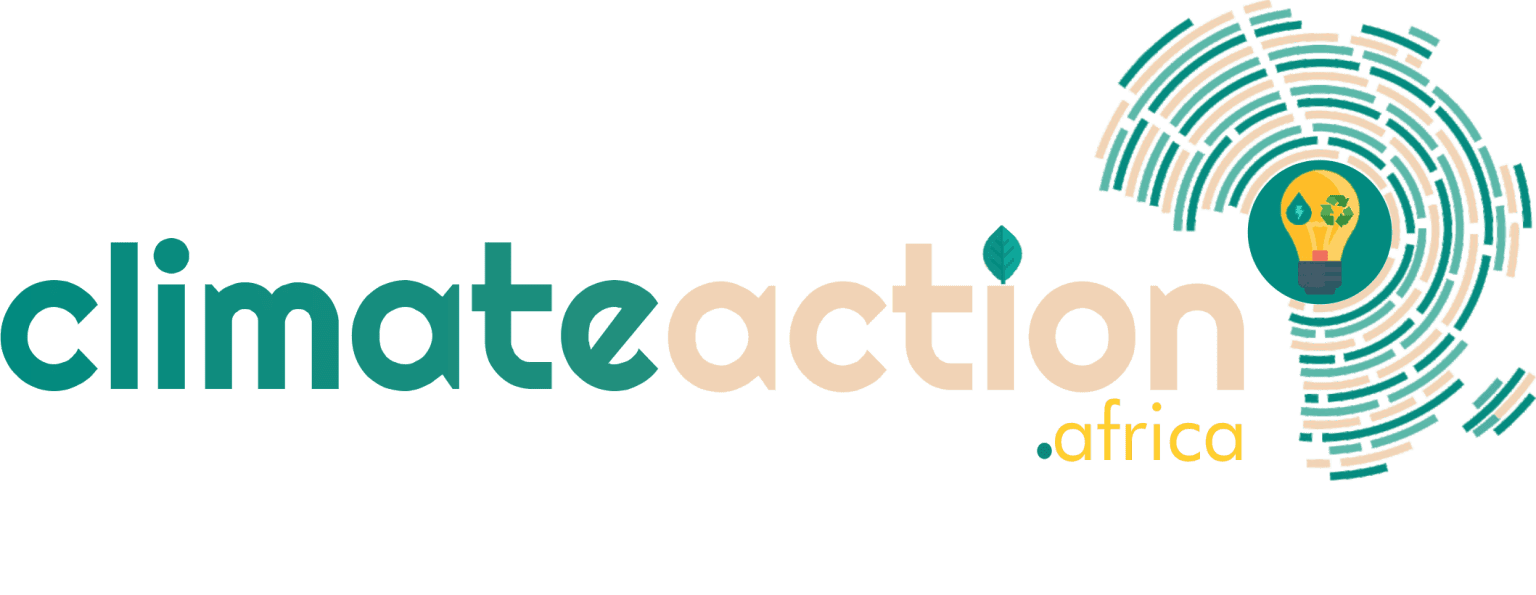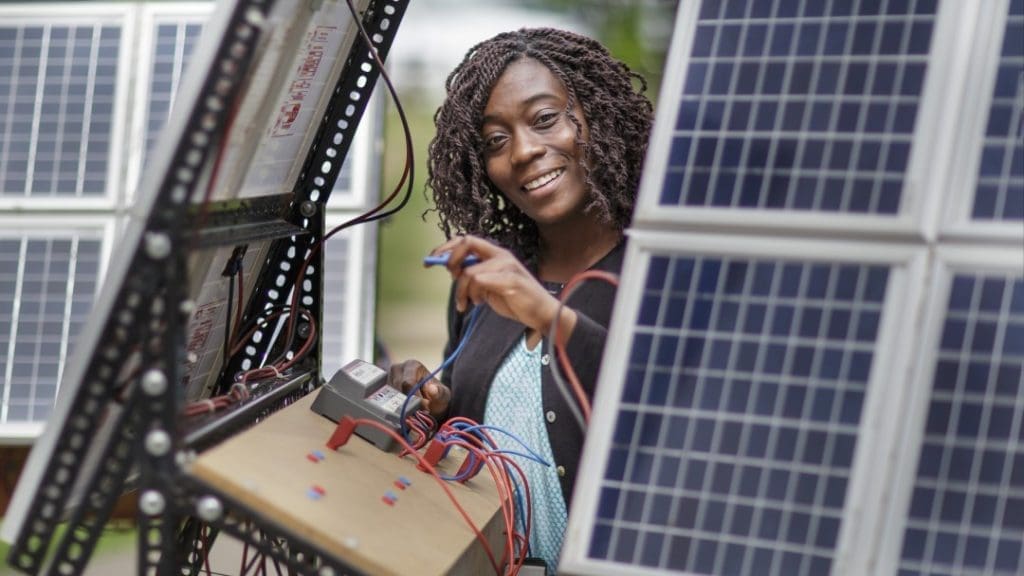Nigeria is home to Africa’s largest population and has the largest economy in the continent in terms of nominal GDP.
Along with its population strength and economic power comes its abundance of both traditional and renewable energy resources, especially solar.
To put this into context, Nigeria has an average of 2672 hours of sunlight yearly with an average of 7:18 hours of sunlight per day. However, considering the country’s economic strength and favorable environmental conditions, one would think it would be a major player in renewable power sources such as solar but that doesn’t seem to be the case.
Nigeria’s population comprises about 190 million people, with only about 45% of them having access to grid-connected electricity, and even those with access to centralized power are often affected by power cuts and outages from the national grid.
This has led the population to generate their own electricity with petrol and diesel generators – which are mostly uneconomical and environmentally unfriendly – to solve the problem.
Significant progress has been made in the past 5 years to address the energy deficiency that Nigeria faces, with distributed solar playing a leading role in allowing millions of households have access to clean and sustainable energy. This is largely due to Nigeria’s potential for off-grid solar systems.
However, according to statistics from the International Renewable Energy Agency, Nigeria had only installed 28 MW of solar as of 2019 end, despite its huge potential.
The issues
According to the World Bank, off-grid solar electrification is usually considered when providing electricity access to rural communities which are mostly far from the existing grid and often have dispersed settlement patterns.
With the privatization of electricity utilities in Nigeria, providing electricity for these rural communities is seen as not being cost-beneficial to the private companies because they are mostly driven by profit maximization.
This makes a case for providing electricity access in some of these rural communities using off-grid solar photovoltaic systems (PV) because it is the most economically viable and provides similar benefits in terms of use.
While off-grid solar has the potential to address Nigeria’s energy access deficit, enhance its overall economic development, and help rural communities to improve electricity supply, market failures impede its growth.
For example, the rural poor, who are most in need of access, are deprived of being served in commercial terms because they can’t afford electricity offered at market prices.
Another issue is the barrier to finance in the off-grid solar market. Many local financial institutions (FIs) are reluctant to invest in the off-grid solar market and this has been a major impediment.
Sterling Bank saves the day
Off-grid solar (OGS) companies have a lot to do when it comes to the scale and viability of solutions. The good part is that technological advancements in mobile payments and consumer financing models have changed the way off-grid energy products can be offered.
Nigeria’s leading digital bank, Sterling Bank Plc, has launched a new and innovative digital product known as the Imperium Platform. This is in a bid to connect consumers and providers of renewable energy (solar solutions) as a viable solution to Nigeria’s electricity crisis.
The Imperium Platform was launched following the unveiling of the Nigerian electricity industry report entitled, “Powering Nigeria: How Solar Energy Can Become a Sustainable Electricity Alternative.”
The report was produced by Sterling Bank in partnership with Stears, a digital information company.
Dele Faseemo, Group Head, Renewable Energy at Sterling Bank, said in a statement issued by the bank that the Imperium Platform seeks to provide clean and affordable energy solutions to interested customers while providing different financing options to customers purchasing the solution outright or paying for the installation and operation of the solution.
Faseemo explained that Sterling Bank, in partnership with Stears Data, the data collection, analytics, and data access division of Stears, embarked on the study to tackle the problem of providing solar energy in the country.
The report showed that despite the privatization of Nigeria’s electricity industry, the country still has one of the lowest electrification rates in the world, as 43 percent of its population has no access to grid electricity, an indication that 85 million Nigerians are not connected to – and cannot receive electricity from – the Nigerian transmission grid.
He said the Imperium would provide a range of purchase options to consumers because solar energy solutions are not one-size-fits-all, so purchasing options should not be either.
According to him, Sterling Bank employs several purchase models to provide renewable energy solutions for its customers. This ensures that customers with different needs and purchase abilities can access solar energy solutions.
He listed the options to include outright purchase, lease to own, and power as a service. Using outright purchase as an example, he said that energy consumers could purchase products directly from vendors via the Imperium Platform, a dedicated e-commerce platform hosted by Sterling Bank.
In lease to own, Imperium provides financing at competitive interest rates for consumers with good credit scores or clean credit checks who are keen to own the assets. Under power as a service, Imperium offers fixed monthly energy-charge options to consumers, but the underlying assets are owned by Imperium as it (Imperium) purchases and owns the assets.
This saves clients huge capital outlay and maintenance worries, while the monthly energy charge is based on the capacity deployed.
In this regard, the bank has recently partnered with the Nike Art Gallery to install solar panels at the gallery via the bank’s Imperium outlet as part of its commitment to a renewable energy-powered Nigeria and the development of the nation’s tourism sector.
The development is a sequel to recent partnerships with the gallery to drive an appreciation and spotlight the investment opportunities available in Nigeria’s arts and tourism sectors.
The Nike Art Gallery, owned by Chief Nike Okundaye, is one of the largest of its kind in the West African sub-region, with a collection of about 8,000 diverse artworks from various Nigerian artists.



